Asian Mental Health Therapy
Do you struggle with these?
Relationship boundaries
Saving face
etc
etc
Cultural Identity
Family Pressure
Cultural disconnect
Stigma and Shame
Perfectionism and Stress
You have gathered the strength to seek out mental health support, but you want to find a therapist who can relate to your Asian identity.
You are in the right place. I integrate a culturally-responsive lens intherapy to provide you with tailored support.

Common Asian mental health themes in therapy
Understanding Cultural Identity
As an Asian person living in American, it can be challenging to understand how your Asian and American parts of you fit into your sense of self. You may feel a pressure to fit in from both cultures, but also feel a sense of rejection and isolation from not perfectly fitting into either. Therapy can help you explore these aspects of your identity, and understand how they fit into the bigger picture of your mental health and wellbeing.
Navigating Family Conflicts
Asian family dynamics require more nuance than Western therapy models tend to offer. What a non-Asian therapist might label as “enmeshment” or “codependence” might actually be deeply rooted cultural values of respect, responsibility, and duty. By understanding your own values and boundaries, you can nurture your relationships while learning ways to more effectively communicate and protect your own needs.
Integrating Generational Trauma
The hardships and traumatic experiences that previous generations in your family have experienced can be passed down directly and indirectly to you. By learning more about these generational traumas and how they show up in your life, you can gain a more compassionate understanding of your family and of yourself. This will create the path forward in your own healing.
Rebuilding Body Image
The Asian cultural narrative around appearance and the “ideal” body type can have a damaging impact for many people. If you struggle with your body image or disordered eating, therapy can be a helpful space to understand cultural reinforcers at play, and support you in developing a healthier relationship with your body and with food.
Managing Perfectionism and Stress
You may be struggling with perfectionism or a high pressure to achieve and succeed. Many Asian families place a heavy emphasis on academic or work “success”, and you can carry and internalize these pressures with you as you go through life. In therapy you will learn to find balance between living up to the narrative of hard work and redefining your own vision of success.
Strengthening Self-Esteem
Many Asian households equate worth with success - for example, getting good grades, having a high income, or working a prestigious job. When your self-worth becomes tied to so-called measurable outcomes, you may struggle with feeling “worthy”, have a strong inner critic, and battle with Imposter’s Syndrome. Therapy will help you deconstruct these narratives and help you re-center your self-esteem based on qualities you truly value.
Reconnecting with Emotions
For many, feelings were not often talked about growing up in an Asian household. Learning to identify, label, and respond to emotions is a skill that we learn through experience. By reconnecting with your body and your emotions, you can better understand your own patterns and tendencies, relate to others more empathically, and live more deeply in each moment.
Responding to Shame
In Asian cultures, a person’s sense of self relies heavily on how others perceive them. Shame plays a big role in this process. You may be more sensitive to shame because of your cultural influences, and struggle with handling shame when it comes up for you. In therapy, you can learn ways to recognize, accept, and act opposite to your shame.
A season for healing awaits
Generational Healing
Starts with You.
My Approach
My lived experience as an Asian-American
I believe that the disconnect between Asian culture and Western mental health standards discourages many Asian people from seeking mental health support. Considerations like saving face, family dynamics, filial piety, acculturation, and so much more are often overlooked in traditional therapy. We must center, grapple with, and integrate the cultural contexts in which we come from in order for deeper healing and connection to take place.
Culturally Responsive Counseling
I provide therapy from a culturally responsive lens. Culturally responsive therapy integrates your cultural background, values, and lived experiences into our therapy work together.
While some of my experiences as an Asian person might overlap with yours, my experiences are not exhaustive of the East Asian, Asian, or Asian American experience. I will welcome and honor both your shared and unique experiences throughout our time together.
Start your healing journey today
Step 1
Get Connected
Complete an interest form to schedule a 15 minute consultation call! I will reach out within 1-3 days to set up a time for us to talk.
Step 2
Consultation Call
During the call, I will ask you some questions to see if I will be a good fit for you. You will also get the chance to ask any questions you have about me.
Step 3
Schedule an Intake
If we both decide to move forward, we will schedule an Intake Assessment & get you started on paperwork to prepare for our first appointment!











